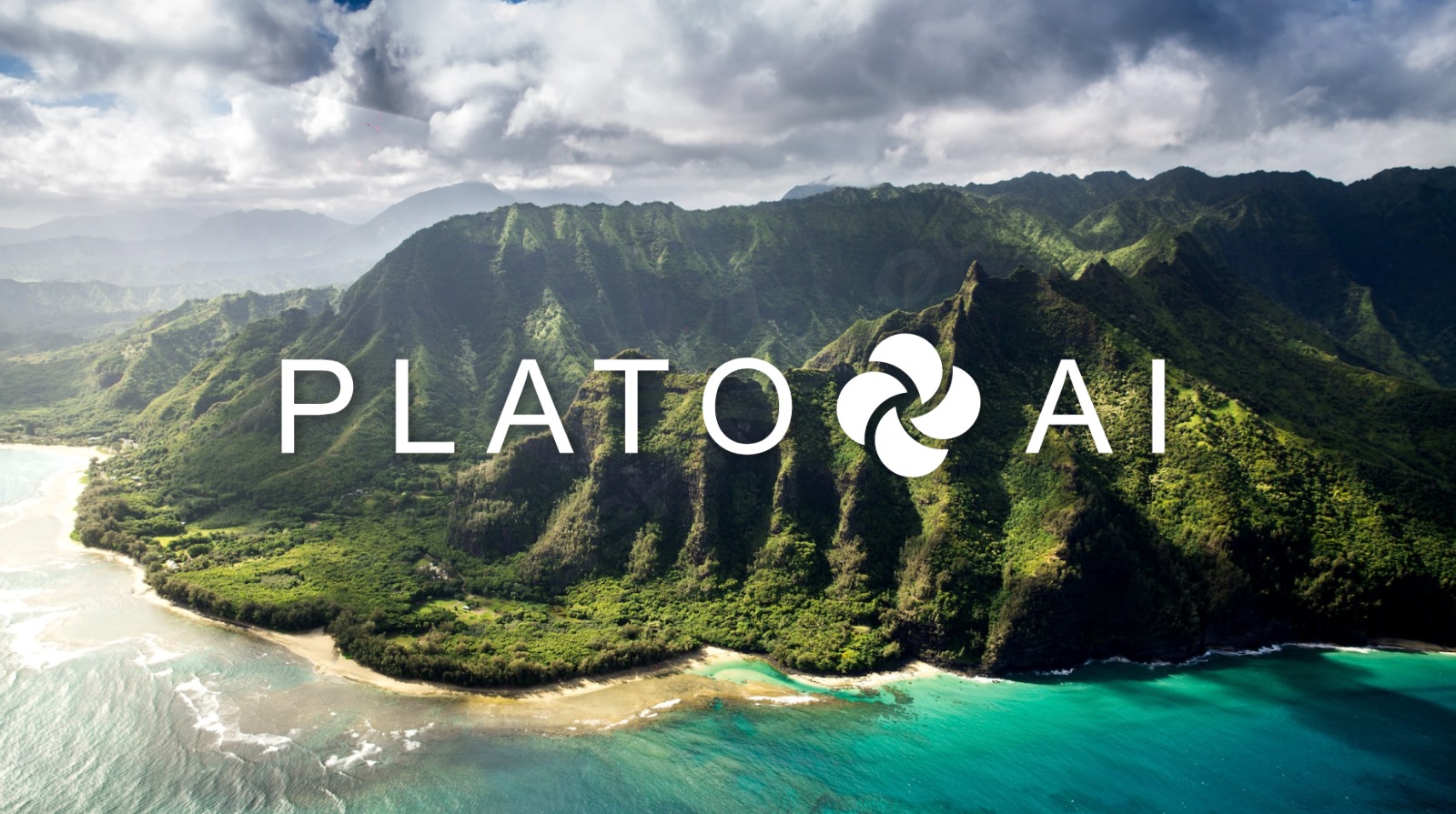Call for a “Go Slow” Campaign by Former IPCC Lead Author
In recent years, the urgency to address climate change has become increasingly apparent. The Intergovernmental Panel on Climate Change (IPCC) has been at the forefront of scientific research and policy recommendations to combat this global crisis. However, a former IPCC lead author is now calling for a “Go Slow” campaign, urging a more measured approach to tackling climate change.
Dr. Richard Tol, an economist and former lead author for the IPCC, argues that the current sense of urgency surrounding climate change may be counterproductive. He believes that the alarmist rhetoric and calls for immediate action can lead to hasty decisions that may not be effective in the long run.
Tol suggests that instead of rushing into drastic measures, we should take a step back and carefully evaluate the costs and benefits of different climate change policies. He argues that a more measured approach will allow us to make informed decisions that are both economically viable and environmentally sustainable.
One of the key points raised by Tol is the potential negative impact of hasty policy decisions on the global economy. He argues that rushing into aggressive emission reduction targets without considering the economic consequences could lead to job losses, economic instability, and increased inequality. By taking a more measured approach, we can ensure that climate change policies are implemented in a way that minimizes these negative impacts.
Another aspect highlighted by Tol is the need for a balanced perspective on climate change. While it is crucial to acknowledge the severity of the issue, he argues that an overly alarmist narrative can lead to public fatigue and skepticism. By presenting a more realistic and nuanced view of the challenges we face, we can engage a wider audience and foster a sense of collective responsibility.
Tol also emphasizes the importance of considering alternative solutions to address climate change. He suggests that focusing solely on reducing greenhouse gas emissions may not be enough. Exploring other avenues such as technological innovation, adaptation strategies, and international cooperation can provide a more comprehensive approach to tackling this complex issue.
The “Go Slow” campaign proposed by Tol does not advocate for inaction or denial of climate change. Instead, it calls for a more thoughtful and deliberate approach to policy-making. By carefully weighing the costs and benefits, considering the economic implications, and maintaining a balanced perspective, we can develop effective and sustainable solutions to combat climate change.
It is important to note that Tol’s call for a “Go Slow” campaign has sparked debate within the scientific community. Some argue that the urgency of the climate crisis necessitates immediate action, while others support the need for a more measured approach. This ongoing discussion highlights the complexity of the issue and the importance of considering multiple perspectives in shaping climate change policies.
In conclusion, the call for a “Go Slow” campaign by former IPCC lead author Dr. Richard Tol raises important questions about the best approach to addressing climate change. While urgency is crucial, it is equally important to carefully evaluate the costs and benefits of different policies, consider the economic implications, and maintain a balanced perspective. By doing so, we can develop effective and sustainable solutions that will benefit both the environment and society as a whole.
- SEO Powered Content & PR Distribution. Get Amplified Today.
- PlatoData.Network Vertical Generative Ai. Empower Yourself. Access Here.
- PlatoAiStream. Web3 Intelligence. Knowledge Amplified. Access Here.
- PlatoESG. Carbon, CleanTech, Energy, Environment, Solar, Waste Management. Access Here.
- PlatoHealth. Biotech and Clinical Trials Intelligence. Access Here.
- Source: https://zephyrnet.com/former-ipcc-lead-author-calls-for-a-go-slow-campaign/

